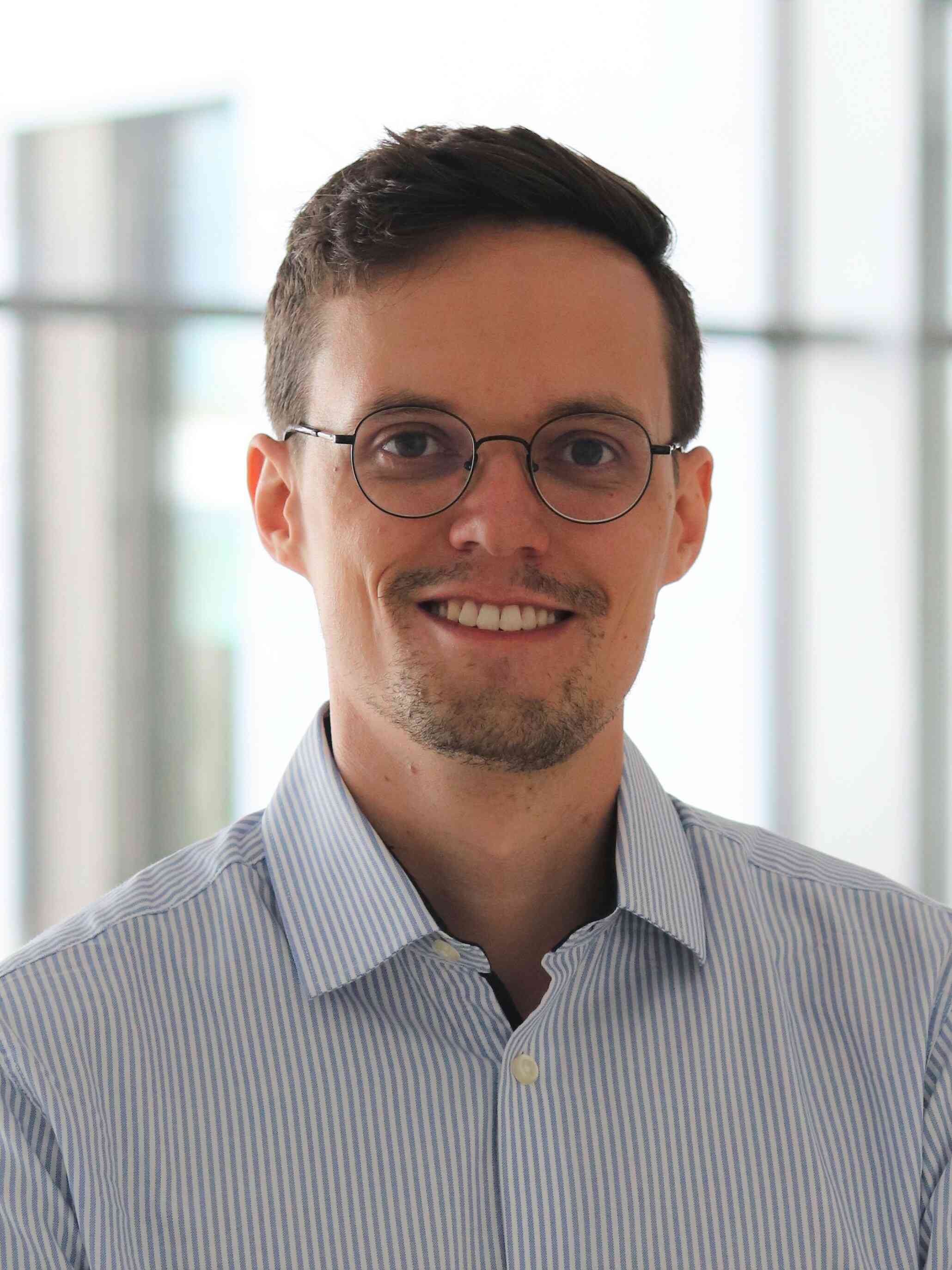Upcoming Event: Oden Institute & Dept. of Mathematics
Jakob Zech, Assistant Professor, Heidelberg University
3:30 – 5PM
Thursday Jan 30, 2025
In this talk, we present new results on the sample size required to learn surrogates of nonlinear mappings between infinite-dimensional Hilbert spaces. Such surrogate models have a wide range of applications and can be used in uncertainty quantification and parameter estimation problems in fields such as classical mechanics, fluid mechanics, electrodynamics, earth sciences etc. Our analysis shows that, for certain neural network architectures, empirical risk minimization based on noisy input-output pairs can overcome the curse of dimensionality. Specifically, we show that both the number of network parameters and the amount of data required for training remain manageable, with the error converging at an algebraic rate. Furthermore, we provide a numerical comparison with alternative approaches, including constructive methods that do not rely on learning from random data.
Jakob Zech is an Assistant Professor for Scientific Machine Learning and Uncertainty Quantification at Heidelberg University. He earned his Bachelor's degree in Mathematics from TU Vienna (2012), his Master's from ETH Zurich (2014), and his PhD in Mathematics from ETH Zurich (2018), where his research focused on sparse-grid approximations of high-dimensional parametric PDEs. As a recipient of the Swiss National Science Foundation's Early Postdoc.Mobility fellowship, he conducted postdoctoral research at the Massachusetts Institute of Technology. Since 2020, his work in Heidelberg has centered on high-dimensional approximation, deep learning theory, statistical inference, and uncertainty quantification, with applications to PDEs and measure transport. Jakob has secured substantial research funding as both PI and co-PI, including projects supported by the Carl-Zeiss Stiftung and the German Research Foundation (DFG). He serves as an Associate Editor for the SIAM Journal on Uncertainty Quantification (SIAM JUQ) and actively organizes workshops and minisymposia on Scientific Machine Learning and Bayesian methods.
